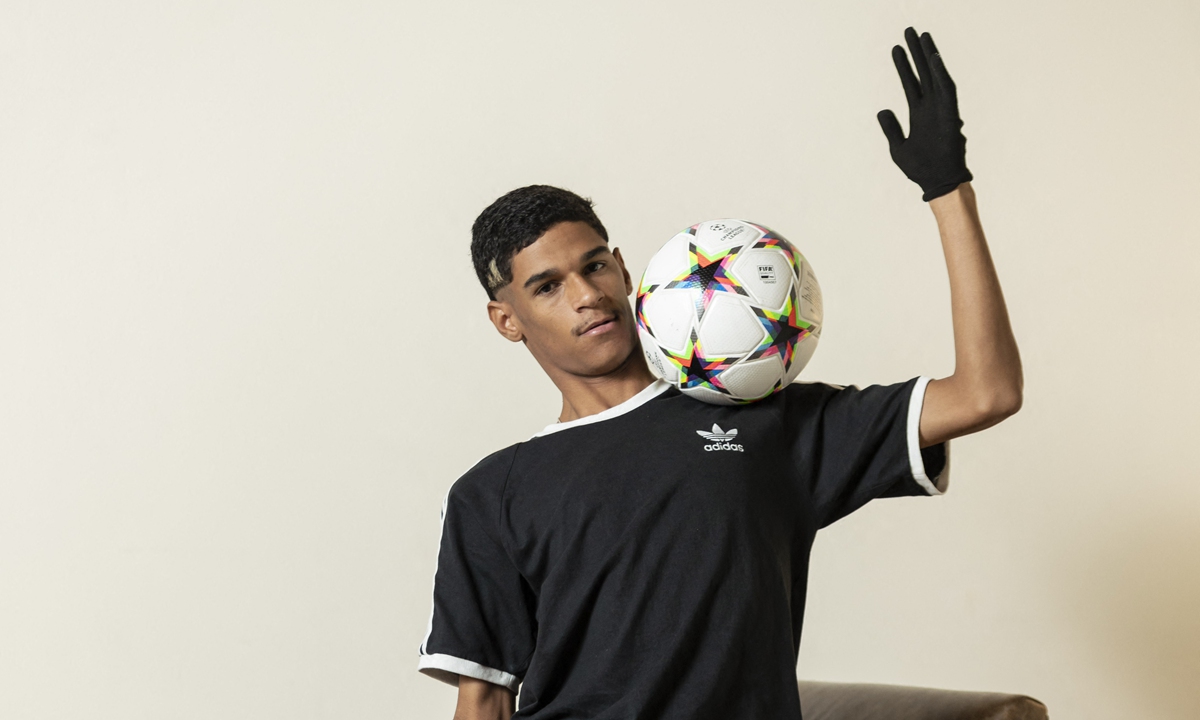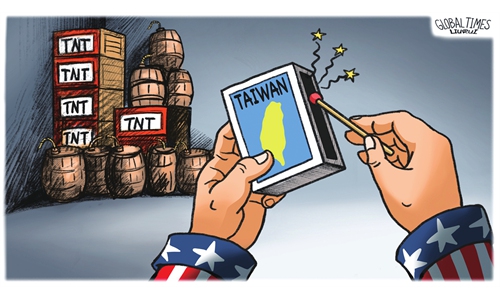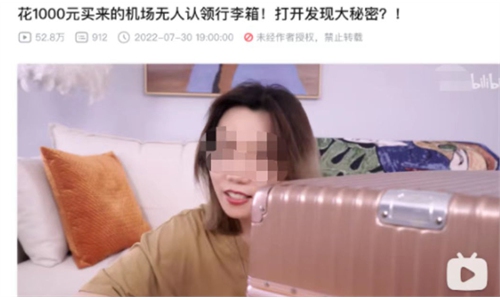
Brazilian digital influencer Iran Ferreira, known as "Luva de Pedreiro," poses for a picture in Rio de Janeiro, Brazil on September 11, 2022. Photo: AFP
The self-proclaimed "best football influencer in the world," Brazilian internet sensation Luva de Pedreiro, is rich and famous at 20 years old - but needs a break from his unexpected celebrity, he says.
Known for posting videos of his snazzy juggling skills, ecstatic goal celebrations and other soccer antics - so theatrically over-the-top that they have won him superstar fans including Neymar, Angel di Maria and Ronaldinho - Luva, whose real name is Iran Ferreira, grew up in the poor rural community of Quijingue, in the northeastern state of Bahia.
With little else but a die-hard love of soccer, outsize personality and a cellphone, he became an overnight sensation in Brazil and beyond, racking up more than 40 million total followers on Instagram, TikTok and YouTube.
But in a story that also speaks to the sometimes brutal world of social networks, weeks after signing what he called "the biggest contract of my career" with Adidas, Luva announced Tuesday he was done posting videos online, saying he wants to "live my normal life."
"I'll finish the work I'm contracted for with the brands I've signed with, but after that I'm not going to make any more videos," he said, adding he had deleted dozens of Instagram posts.
When rumors swirled that the move was a marketing ploy or the result of a falling-out with his new manager, Brazilian futsal legend Falcao, Luva went back online Thursday to plead for a reprieve from the spotlight: "I can't get a single minute of peace," he said in an Instagram story.
'Incredible energy'
The news went viral in Brazil, and even drew comments from Spanish giants Barcelona, who said on TikTok they would miss Luva's "incredible energy."
Famous for his ever-present black gloves, or "luvas" in Portuguese - hence his nickname - and his favorite catch phrase, "Receba!" - which roughly translates as "Take that!" - Luva is perhaps best-loved for his goal celebrations, which have inspired imitations from soccer stars including Bayern Munich's Serge Gnabry and Joshua Kimmich.
In an interview with AFP just two days before announcing his break, Luva sounded happy and proud of his work, declaring: "I'm going to be an influencer for the rest of my life."
He said he was on the verge of releasing two new projects, without giving details.
Advisers said his need to step back was due to overload and unspecified personal problems.
It came just days after he made a commercial tour of Europe and Asia.
Luva had also recently signed a new deal with Falcao, after a breakup with his previous manager, Allan de Jesus, that ended in a messy court battle.
Price of fame
Luva's videos are often shot on the dusty soccer pitches of his home state, where he shows off his skills, clowns around and cracks jokes in rapid-fire slang.
It turned out to be a magic recipe.
One particularly viral video from March 2021 has racked up more than 100 million views.
It has been a life-changing ride for the once-impoverished Luva, who now lives in a posh neighborhood in Recife, on Brazil's northeastern coast, and travels the world, rubbing shoulders with soccer royalty.
"Dude, I never expected to make money from this. I thought there was zero future in what I was doing," he told AFP. "But thank the Lord, I'm enjoying the fame and the work."
Clearly, though, it has not been all fun and games.
It is not an uncommon story among the new stars of social media.
"Young people who get into that world without wanting to, which is Luva de Pedreiro's case, quickly run into the realities of the market, of contracts and advertising deals, which is a lot different from just having fun on social networks," says Issaaf Karhawi, author of the book From Blogger to Influencer.
"Many influencers have to deal with haters, with cancel culture, which can raise various mental health issues," she says.
"What happened [with Luva] shows it's a lot more complex than just having millions of followers."
AFP



